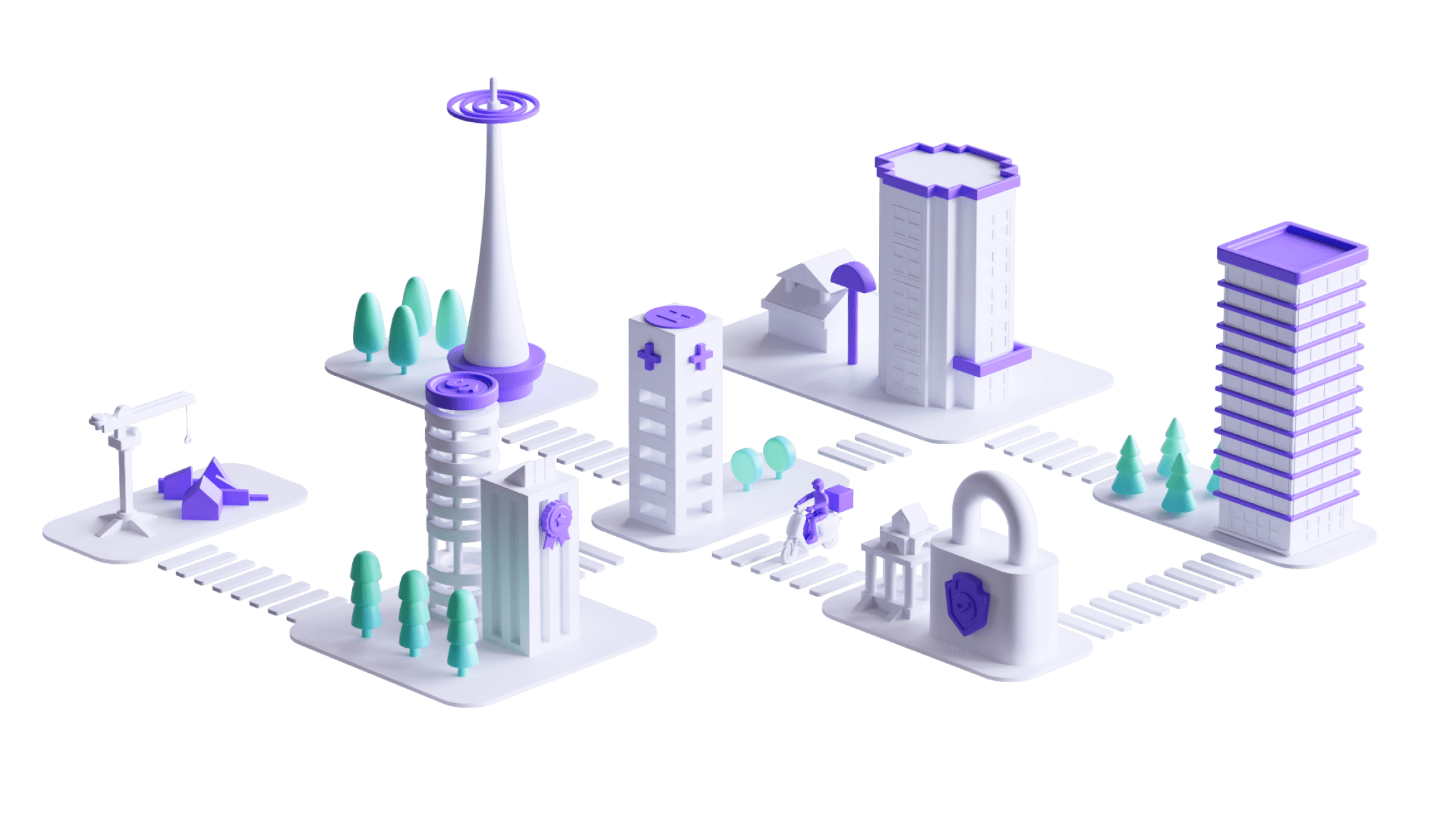What are browser cookies, and how do they work in terms of online privacy?
Browser cookies are small files that websites store on a user’s device to remember their preferences and activity. Cookies work by sending information back and forth between the website and the user’s browser.
